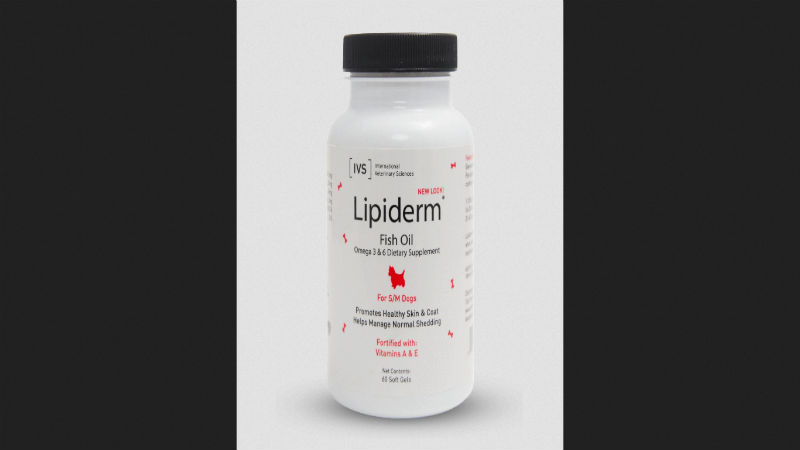Dogs love to chew. Some dogs love to chew on anything, which can be a problem for owners. Puppies are often more prone to chewing, but even adult dogs have a natural instinct to chew.
There are several options on the market to consider. These range from plastic and nylon chew toys through to rawhide and non rawhide chew toy options. Making the decision starts with understanding the pros and cons of each, particularly as it relates to your pet’s health.
Plastic and Nylon
Plastic and nylon chew toys are not meant to be consumed and are completely non digestible dog chews. However, small bits of plastic or nylon can easily be scraped or chewed off the surface. This can pose problems for the dog as these plastic pieces can lodge in the mouth, throat or the digestive system.
Additionally, these are often unappealing to a dog, at least compared to other items in the house which may be much more interesting.
Rawhide
Rawhide is a highly processed, non-nutritious byproduct of the leather tanning industry. It may be highly bleached or processes and may be made in very questionable facilities in countries outside of the United States.
When it comes to digestible dog chews, rawhide is still at least 15% undigested after 24 hours in the dog’s digestive tract. This increases the risk of blockages and can lead to digestive problems for an otherwise healthy pet.
Healthy Options
There are newer options in highly digestible dog chews with a 99.9% digestibility rating after 24 hours. These products are made from baked pork and chicken skin, which also make them highly appealing to dogs of all ages.
These types of chews will also have additional flavoring such as real milk and peanut butter, adding to the appeal for the dog. Combined with benefits for dental health and dog satisfaction, these are a great option to choose.

